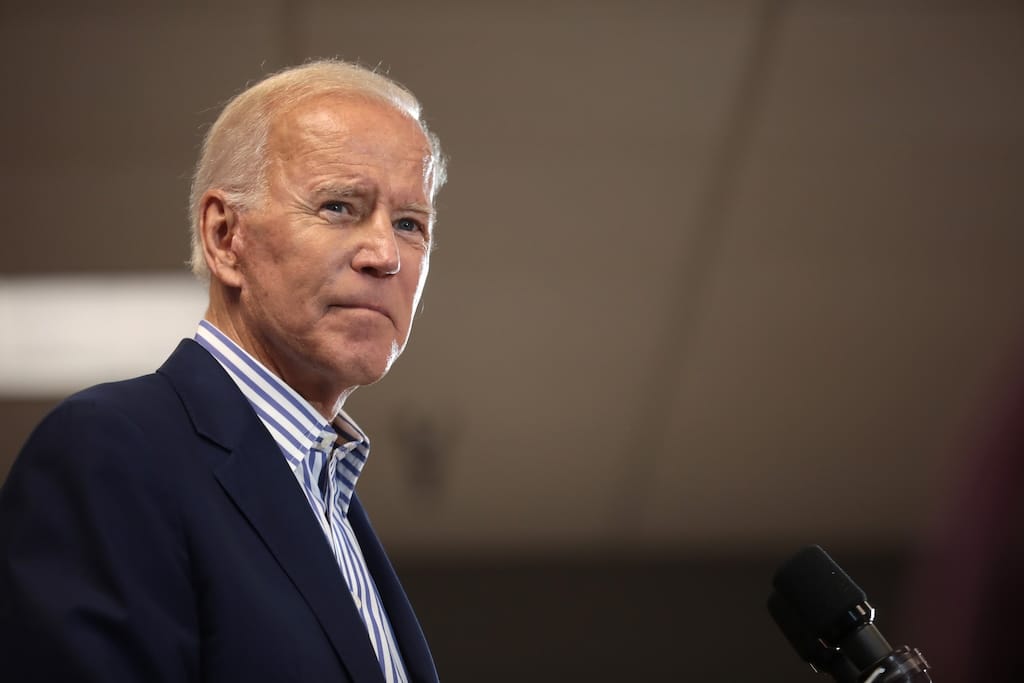
Digital Inclusion
The program will be fully exhausted at the end of May.

 Photo of Joe Biden in 2019 by Gage Skidmore used with permission
Photo of Joe Biden in 2019 by Gage Skidmore used with permission
WASHINGTON, April 3, 2024 – The Biden administration and Federal Communication Commission again called on Congress this week to refund the Affordable Connectivity Program.
The ACP provides more than 23 million low-income households with a monthly internet discount of at least $30, and up to $75 for households in high-cost areas and on Tribal lands. Its $14 billion allocation from the Infrastructure Act is running dry, and April is the last month the FCC will be able to fully reimburse providers for their ACP-participant customers.

Biden administration officials blamed congressional Republicans for the impending shortfall during a press call Monday, CNN reported.
The same day, the White House released updated state-by-state breakdowns of ACP enrollment data in an effort to pressure lawmakers into action, a tactic the FCC has used before.
“Without action from Republicans in Congress, this program will sunset later this spring and tens of millions of Americans may no longer be able to afford high-speed internet service,” reads new language on the White House’s fact sheet.
Introduced in January, the ACP Extension Act would provide $7 billion to keep the fund afloat through 2024. The bipartisan bill now has 221 House co-sponsors and sister legislation has been introduced in the Senate, but experts have been pessimistic on the chances of House Speaker Mike Johnson, R-Louisiana, allowing a vote.
FCC Chairwoman Jessica Rosenworcel sent a letter on Tuesday to House and Senate appropriations and commerce committee leaders, again including state- and congressional-district-level ACP enrollment data, to urge congressional action.
“In April, ACP households will receive notices from their providers stating that this is the last month that they will see the federal government’s full ACP benefit on their broadband bill,” Rosenworcel wrote. “These notifications may happen as many of your members are at home in their districts and hearing from their constituents about the benefits of the ACP.”
The Biden administration has also asked Congress for $6 billion in ACP funding, but the spending package passed into law last month omitted the provision.
Proceeds from FCC spectrum auctions are another potential source of stopgap funds lawmakers have discussed. Senate Democrats and public interest groups have pushed for earmarking those proceeds for the ACP and other programs, but the bill Senate Republicans put forward to reauthorize the agency to auction off spectrum bands does not include such a measure.
For a longer term solution, broadband providers and others have suggested folding the ACP into the FCC’s Universal Service Fund. The USF is more stable than congressional appropriations, with funding coming from fees on voice providers.
A bicameral working group is evaluating potential reforms to that funding model, and Rosenworcel told those lawmakers in January that with some revamping the fund could likely support the ACP.


